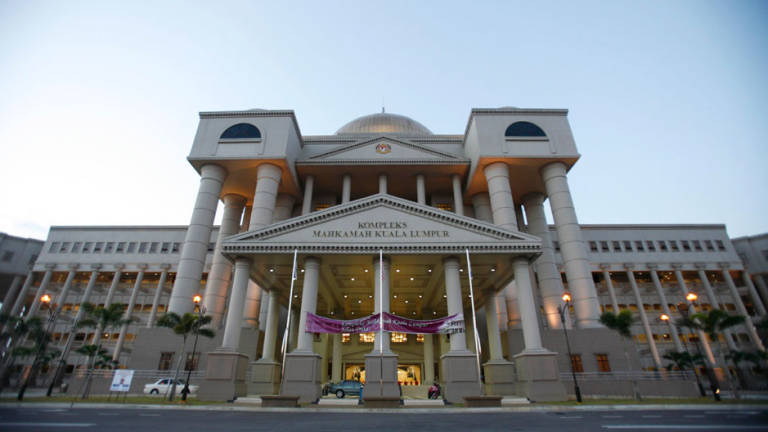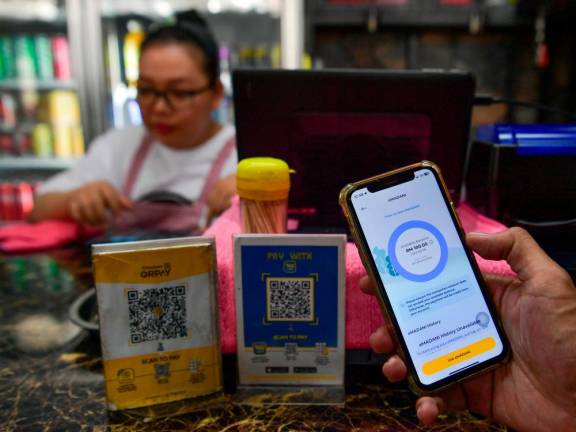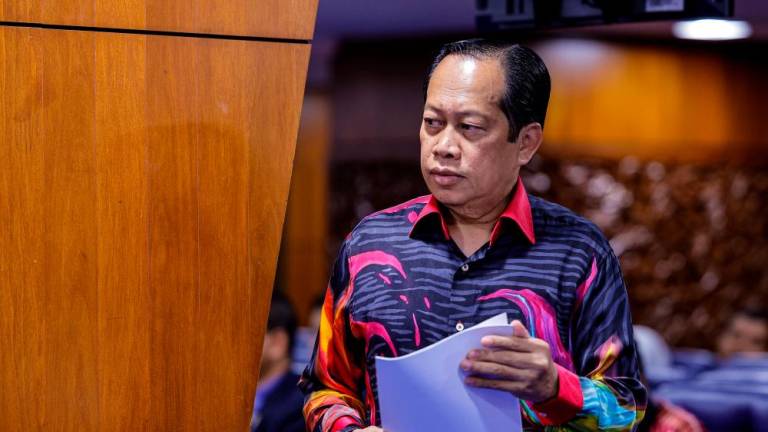PETALING JAYA: The wheels of justice must continue to turn even when the country is in crisis and the presence of all parties in court is impossible.
But there is a limit to how far justice can be dispensed outside the confines of a courtroom, according to several lawyers theSun spoke to yesterday on virtual court proceedings.
On April 23, a hearing in the Appeals Court was conducted remotely and live-streamed on the internet, making it the first time a trial was conducted online.
The hearing was done through video conference under a directive issued by Chief Justice Tan Sri Tengku Maimun Tuan Mat.
Lawyer Mary Ann Alphonce pointed out that certain processes in the justice system, such as case management, are already being done online. There is the “e-review” system to deal with such matters.
Criminal law practitioner Harshaan Zamani said there are limitations in virtual hearings.
“For instance, a judge may have trouble assessing the witness’ demeanour (facial expression, gaze, posture) while testifying,” he said.
Another criminal lawyer, R. Sivahnanthan, believes that an accused person risks being denied justice if trials are conducted online. But he also acknowledged that justice delayed is justice denied.
He said a better option was for all parties to meet to settle legal disputes rather than “through wires”.
Lawyers who are for virtual court hearings want to see the law amended to pave the way for such proceedings.
The Rules of Court 2012 is the legislation that determines how cases are conducted in civil courts in Malaysia. The proposal is to insert an addition, under Order 33A, to “allow proceedings through remote communication technology”.
Lawyer Kuhan Raj said in a situation such as a pandemic when the whole country is under movement restrictions, justice must still be served.
“In such a situation, a legal framework will be needed to enable the dispensation of justice to continue.”
He said such a provision would also enable litigants who are not able to return from abroad, for reasons such as borders being closed to prevent the spread of infections, to testify.
Alphonce said virtual hearings should be allowed only for matters that involve just one party, adding that a full hearing online may not be feasible yet.
Malaysian Bar president Salim Bashir Bhaskara said he welcomes a migration to a digitalised justice system, but “only on certain matters”.
“It is inevitable that we embrace technology. The pandemic has changed the way we do things. But we also cannot lose sight of the importance of justice to all parties.”
Read this story on our iPaper: Eye on digital justice system














